This aircraft is specially designed for Artificial Intelligence [AI] to simulate air traffic, it is able to land and take off with extreme precision in the main airports in the game, it is also a playable aircraft, you can enjoy air collisions or target practice .
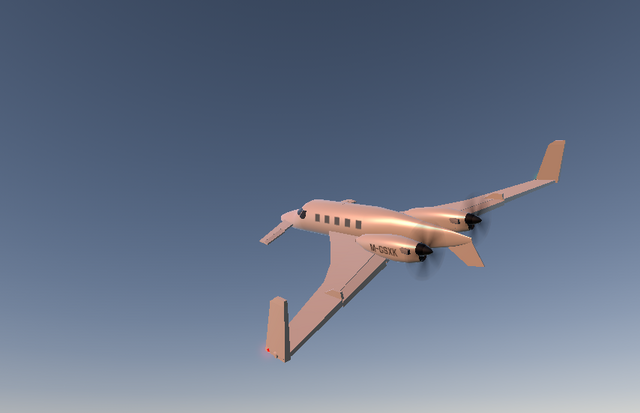
MAPA Aviation · 2023
Wiki:
Development of the Starship began in 1979 when Beech decided to explore designs for a successor to its King Air line of turboprops that would fly faster and carry more passengers. The design was originated by Beechcraft in January 1980 as Preliminary Design 330 (PD 330). Beechcraft President Linden Blue was the executive sponsor of the project at its inception. Max E. Bleck was the Beechcraft President who oversaw its subsequent production. C.R. Stoner, head of Beechcraft’s Experimental division, was the project manager. On August 25, 1982, Beech contracted with Scaled Composites to refine the design and build an 85% scale proof-of-concept (POC) aircraft. One of the significant changes made to the design by Scaled Composites was the addition of variable geometry to the canard.
The POC aircraft first flew in August 1983. This aircraft had no pressurization system, no certified avionics, and a different airframe design and material specifications from the planned production Model 2000. Only one POC was built and it has since been scrapped.
Prototypes were produced even as development work was continuing—a system demanded by the use of composite materials, as the tooling required is very expensive and has to be built for production use from the outset. Beech built three airworthy full-scale prototypes. NC-1 was used for aerodynamic testing and had an ejection seat and was the only Starship equipped with conventional electro-mechanical avionics. NC-2 was used for avionics and systems testing and NC-3 was used for flight management system and powerplant testing.NC-1 first flew on February 15, 1986.
The program was delayed several times, at first due to underestimating the developmental complexity and manufacturing learning curve of the production composite construction, and later due to the technical difficulties of correcting a pitch damping problem and developing the stall-warning system. By the end of development, the Starship had grown larger in cabin volume than the King Air 350 while having the same gross ramp weight of 15,010 lb (6,808 kg). Starship development cost $300 million.[6] The first production Starship flew on April 25, 1989.
The Starship is noteworthy for its carbon fiber composite airframe, canard design, lack of centrally located vertical tail, and pusher engine/propeller configuration.
Carbon fiber composite was used to varying degrees on military aircraft, but at the time the Starship was certified, no civilian aircraft certified by the U.S. Federal Aviation Administration had ever used it so extensively. Beech chose carbon fiber composite for its durability and high strength-to-weight ratio. According to Beech, the Starship weighs less than it would have if it were built from aluminum. Nonetheless, the empty weight of production aircraft exceeded the target by several thousand pounds.
Beech studied several configurations before settling on a canard configuration in early 1980. As configured, the Starship is difficult to stall; the forward surface stalls before the main lifting surface, which allows the nose to drop and more-normal flight to resume.
A traditionally located vertical tail would have transmitted propeller noise into the airframe. In its place, directional stability and control is provided by rudders mounted on the winglets. Because of this addition Beechcraft called the winglets "tipsails".
Mounting the engines so that the propellers are facing rearward, pushing rather than pulling the aircraft, is done for the purpose of a quieter cabin, since the propellers are further back from the passengers and because vortices from the propeller tips do not strike the fuselage sides. However, the propellers are operating in a turbulent airflow in the pusher configuration (due to airflow past the wings moving aft in vortex sheets) and high-velocity exhaust gases are discharged directly into the propellers, producing more noise where they are than if the propellers had been in a tractor configuration.
Flight instrumentation for the Starship included a 14-tube Proline 4 AMS-850 "glass cockpit" supplied by Rockwell Collins, the first application of an all-glass cockpit in a business aircraft.





Real Photo, Credit: HistoryNet
Thank you for your attention, Enjoy it!
Specifications
General Characteristics
- Successors 2 airplane(s) +84 bonus
- Created On Android
- Wingspan 70.0ft (21.3m)
- Length 60.5ft (18.4m)
- Height 15.6ft (4.8m)
- Empty Weight 9,401lbs (4,264kg)
- Loaded Weight 15,017lbs (6,811kg)
Performance
- Horse Power/Weight Ratio 0.066
- Wing Loading 23.8lbs/ft2 (116.3kg/m2)
- Wing Area 630.7ft2 (58.6m2)
- Drag Points 2466
Parts
- Number of Parts 91
- Control Surfaces 10
- Performance Cost 497

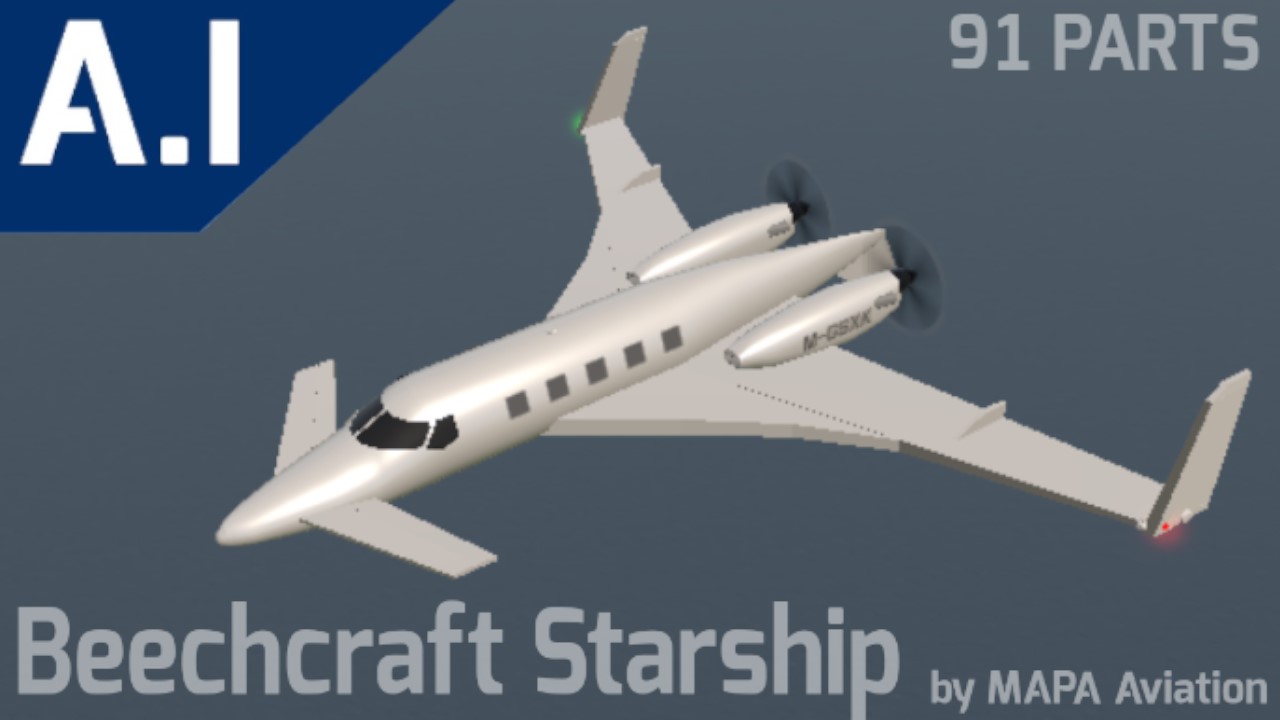
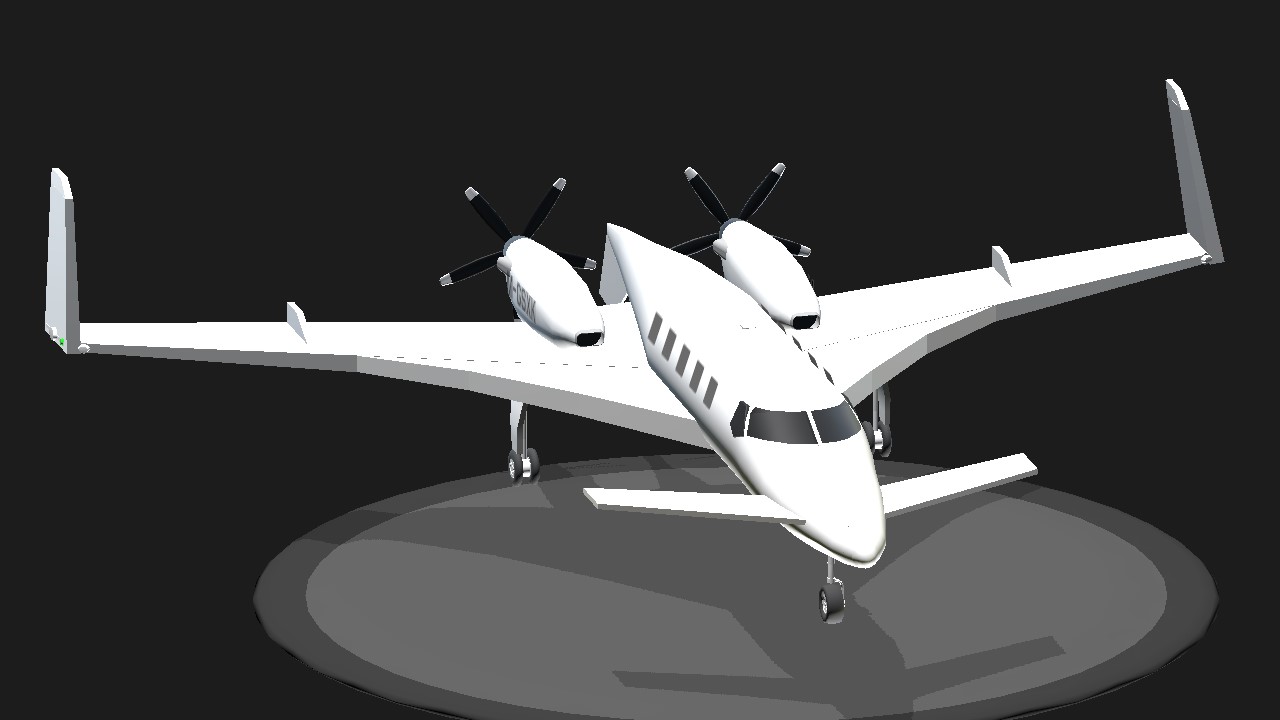
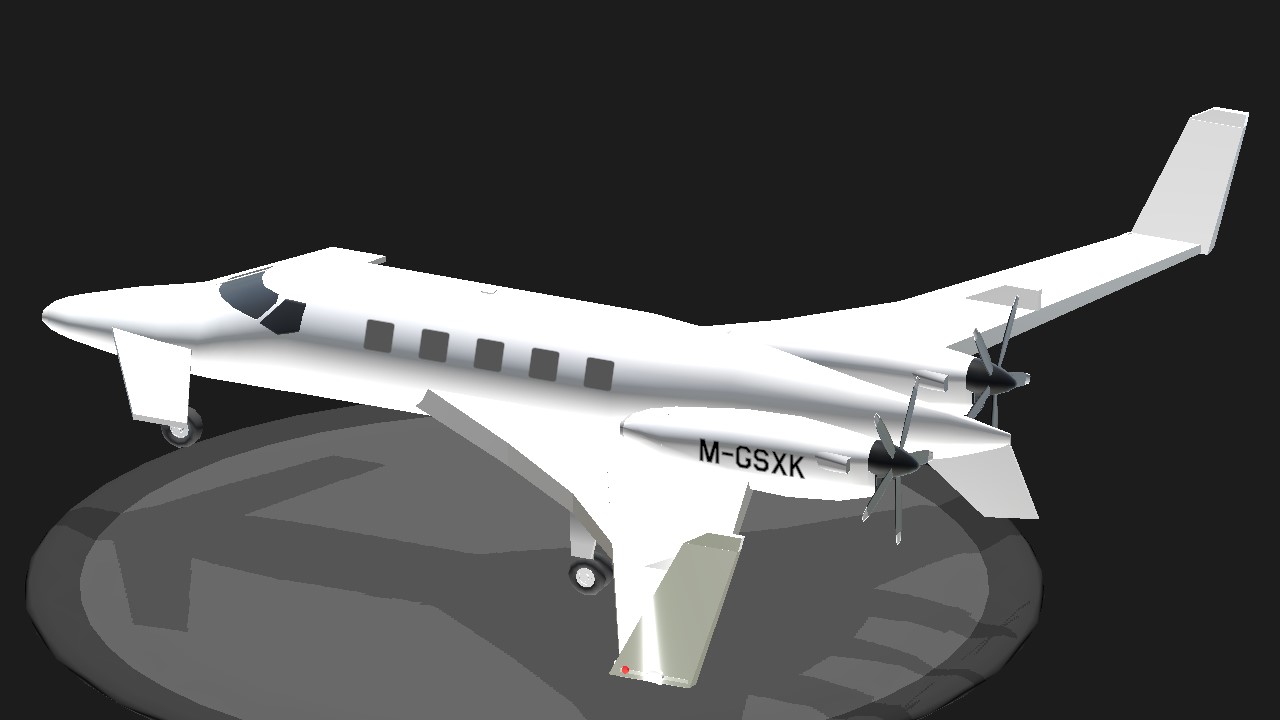

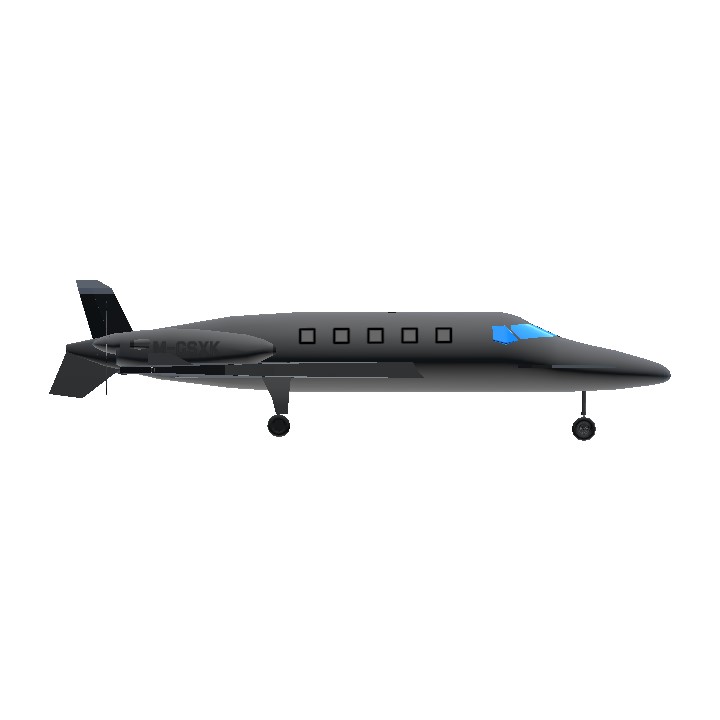
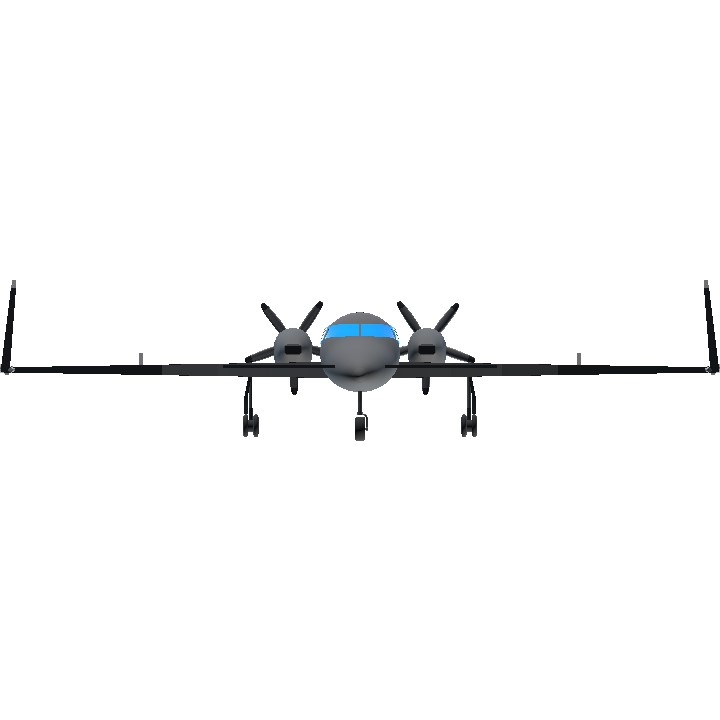
I apologize for the delay, it's been busy here and I haven't had much free time. but I came back
This looks cursed
Meio estranha ver que essa e a primeira "cópia" da beechcraft
@MAPA a Zé da manga
Isso é o link do Starship e por favor não pesquise sobre Zé da Manga na internet
@MAPA I found the problem actualy, you cannot mix jet and propeller engines in your aircraft, i replaced the jet with Engine-Prop-1 (AKA old prop) , and it spawns now
@winterro Unfortunately aircraft that have propellers and helicopter engines don't actually spawn, there's not much you can do except replace them with a conventional engine.
@MAPA Ìt does not spawn, not even for the first test
@winterro Sorry, I didn't quite understand, what specifically is wrong with your aircraft, can you clarify?
@MAPA About AI?
The AI pass test is a waypoint mission that the aircraft has to do to spawn as ai, it has to turn 180° in a time limit, if it cannot do it for any reason, it will be marked unflyable.
It is due to this, i have gotten hovercraft and Very fast gold prix cars using gyros spawning over and over plummiting out of the sky, but marked as flyable.
The tail wing is not the problem since this annoying thing does spawn
Edit:
I did try to replace it with other wings
@MAPA i still have no flippin idea why my Mill V-12 does not spawn, it checks all boxes
opa manin, eu tenho 3 pedidos pra ti , fazer um dc3 da varig , um lockheed l188 electra da varig e um super petrel , você poderia fazer?
@winterro yes you cannot add structural wings, these are the requirements:
-cannot have more than 96 parts
-cannot have more than 6 wings
note: structural wings also count, so avoid using them
-needs to fly well, AI only accepts aircraft that have excellent flight performance.
@MAPA is there any part AI spawns ignore?
@MAPA So do why do some planes not spawn even if they are within the limits? I mean not even a first test? It is not a problem with funky trees, i got several planes that spawn that go auto aim kamikaze mode when you lock em
@MAPA sim tem um vídeo no aviões e músicas de um desses que caiu
@Gabriel747 se não me falhe a memória; eu lembro que a NOAR nordeste operava um modelo destes
@MAPA estou esperando você fazer o turbolet
@Gabriel747 pode sim,
Vou fazer o Mitsubishi MU-2B
@MAPA eu posso fazer uma pintura nova pra ele?qual o seus próximos lançamentos
wow that's classic
Beechcraft X Rutan
Yoooo, a Beechcraft 2000, i love this plane